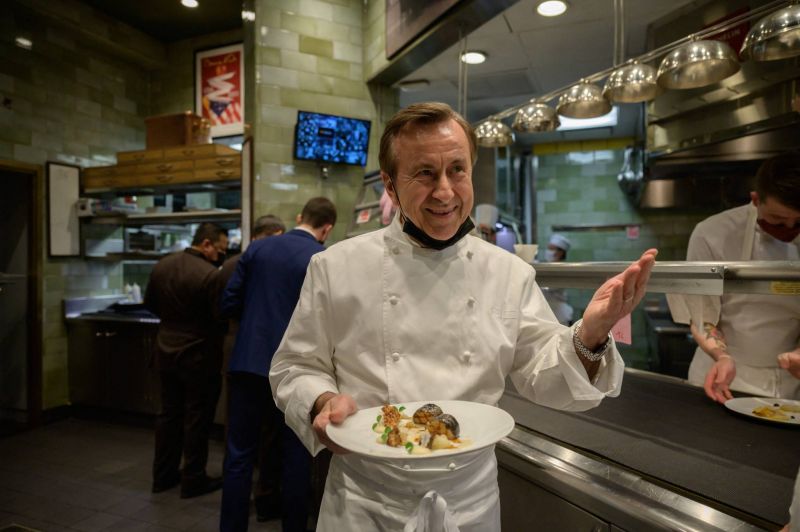According to the Catholic understanding, saints are intercessors before God. On All Saints’ Day, November 1st, Catholics commemorate all their saints.
What do Catholics celebrate on All Saints’ Day?
All Saints’ Day has its origins in the Orient. A martyr’s day was known there as early as the turn of the fifth century, on which all those who had lived their Christian faith in an exemplary manner and died as martyrs were commemorated.
It is also a “ silent holiday“, Where there should be peace. Loud partying and dancing is prohibited.
In Bavaria, for example, this also applies to Good Friday, Prayer and Repentance Day and the Sunday of the Dead. For nine days a year, the Bavarian Public Holiday Act stipulates that clubs may not be open from 2 a.m. to midnight and concerts may not take place. The Greens have now introduced a bill to the state parliament that is supposed to change that. Consultations on this could begin early next year.
Where is All Saints Day a public holiday?
In predominantly Catholic countries such as Poland and Italy, All Saints’ Day is generally a public holiday, so all citizens there are free from work. In Germany, this only applies to five federal states. In Bavaria, Baden-Württemberg, North Rhine-Westphalia, Saarland and Rhineland-Palatinate, the coming Monday is also a public holiday. In all other federal states you have to work as usual.
All Souls Day on November 2nd
The next day, Tuesday, is All Souls Day. All dead are remembered on this holiday. Nowadays, however, there is hardly any clear distinction between the feast of the saints on November 1st and the feast of souls on November 2nd.
A “light of life” adorns a grave
As a sign that the dead have not been forgotten, graves in the cemeteries are decorated with flowers and candles. While the flowers remind of the transience of life, the candles symbolize the “light of life”.
Can i get free
When a religious holiday is not also a public holiday, employees have to work normally.
► However, employees are entitled to be exempted upon request.
The application must be justified with the intention of participating in a formal religious event. Simply not wanting to work is not a sufficient reason.
Do I still get money?
In contrast to public holidays, employees are not entitled to continued payment of wages in the event of a leave of absence.
► So they don’t get any money, but they don’t have to sacrifice their vacation either.
Your boss can also deny you leave of absence if operational necessities stand in the way of your absence.
Are there no school days?
Pupils who want to take part in religious events even though All Saints’ Day is not a public holiday in their state can apply for school-free.
▶ ︎ The prerequisite is that faith prescribes the sanctification of the respective holiday and that the student belongs to the religious community.
Info: The freedom to practice one’s religion is guaranteed by the Basic Law (Article 4).
– .


